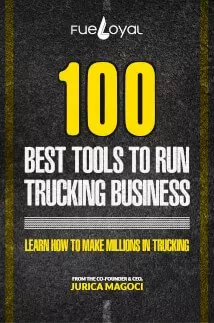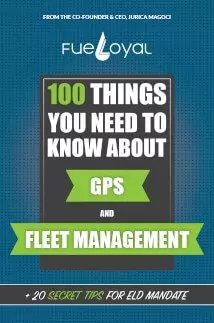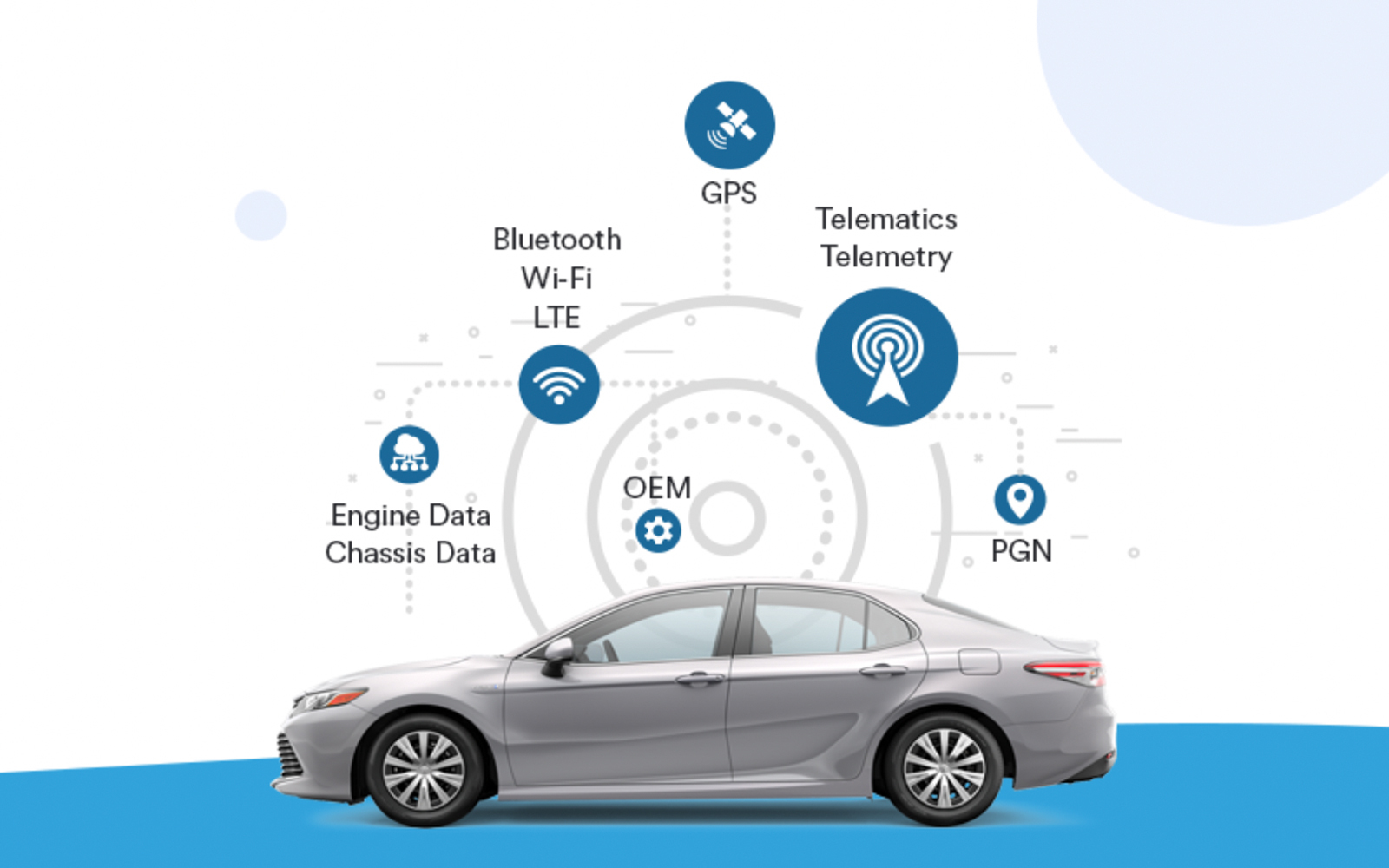Freight charges; are you actually aware of the various freight charges and ways to cover the cost of shipping freight? It doesn’t matter if the freight is going across town, across the nation, or even across the globe. There are numerous forms of freight charges. You need to be aware of what to watch for and the types of freight charges that can be used to cover the cost of shipping the merchandise.
LEARN 12 SECRET STEPS HOW TO MAKE $950 MORE PER TRUCK / MONTH
Hey! I'm George J.Magoci and I will send you a FREE eBook where you can learn 12 secret steps how to make $950 more truck/month.

Though most of the terms are standardized, there are constantly updates. Organizations such as the International Chamber of Commerce (ICC), – the world’s largest representative business organization, publishes the International Commercial Terms (Incoterms), globally recognized commercial shipping terms used for commercial transactions or procurement processes.

That doesn’t mean individual organizations, agencies, and even countries won’t have their own set of commonly used terms. Actually they all do, from places like the University of Main to the United States Army and everyone in between.





